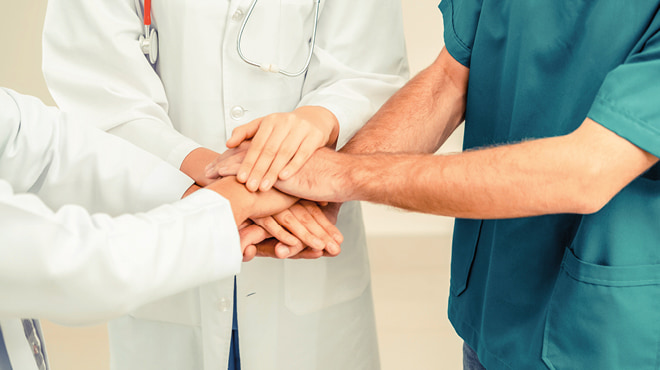
COVID-19
Recent Blogs
COVID-19 Testing & Vaccination
Visitor and masking policies
As of Monday, April 10, 2023, masking is optional for patients, visitors and staff in most patient care areas. However, masking will still be required in settings where patients are at greatest risk. All eligible high-risk immunocompromised patients will be notified to wear a mask.
This decision was made with careful consideration of our patients' needs and safety, and we remain dedicated to providing the highest quality of care possible.
COVID-19 vaccination
Patients can self-schedule vaccination appointments via the Mayo Clinic app or patient portal, or by calling their local clinic.
Find out everything you need to know about COVID-19 vaccines from the Centers for Disease Control & Prevention.
About COVID-19
Learn about COVID-19 symptoms, variants, tests and treatment.


